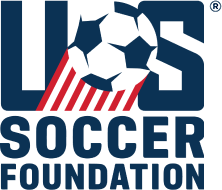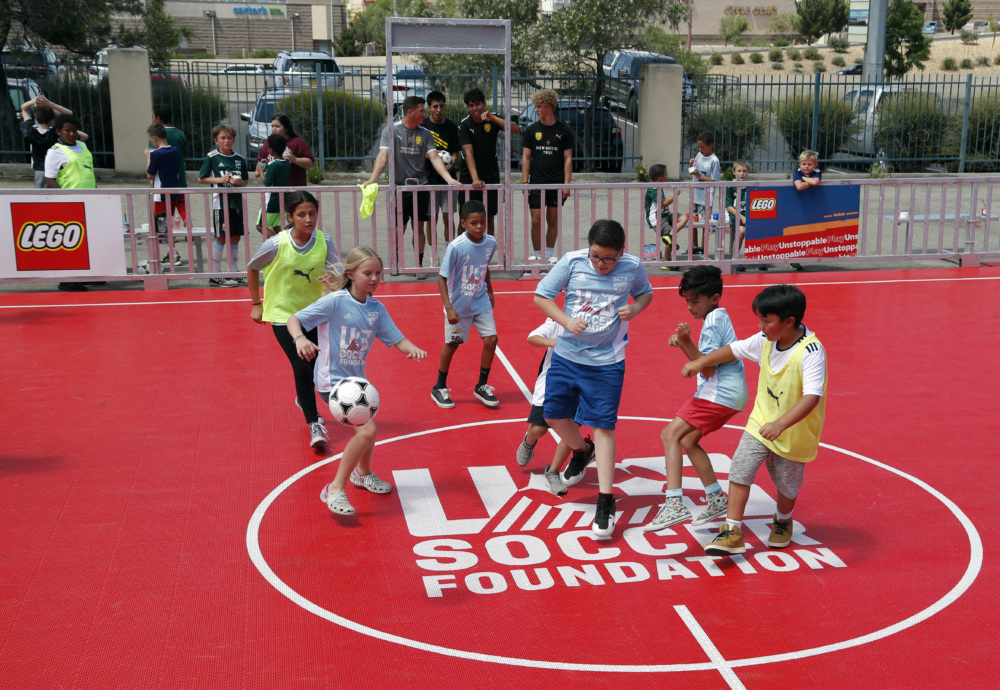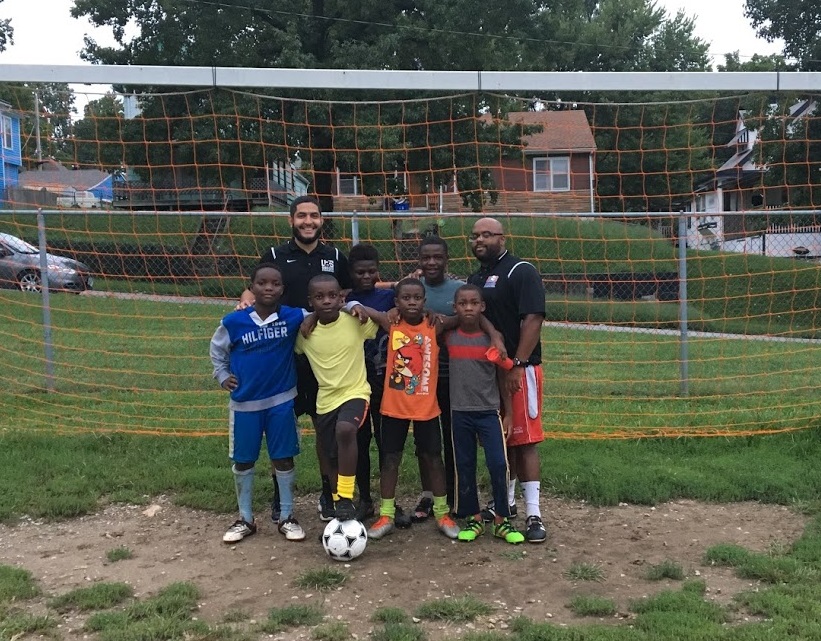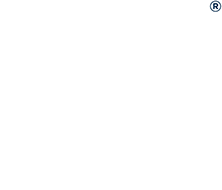

Let soccer do what soccer does.
Together, we can give millions of kids from underserved communities safe places to grow, thrive and build confidence for life.
The Universal Language
One day, Soccer for Success coach-mentors Rick and Diego noticed a few boys sitting on a hill overlooking their practice session at the Mattie Rhodes Center. It was apparent they wanted to play, Rick recalls, so he approached them to ask if they wanted to join. Little did he know that the boys spoke little English.
Sila and Omari are cousins and recently moved from Tanzania to Kansas City, Missouri along with their grandparents, aunts, uncles, and siblings after their family left Congo. The 13- and 11-year-olds remember playing on dirt fields, using shoes and rocks for goals. For a ball, Sila describes filling up a balloon, putting it in a bag, and tying a shirt around it until it resembled a soccer ball.
Despite the fact that they did not speak English, the kids jumped up ready to play right away, even in their thong sandals. Coach-Mentor Rick says that “I actually left that practice right then and there and tried to scramble up as many pairs of shoes as I could.” When Rick returned with the shoes, the kids were extremely excited, tried them on, and gave him a thumbs up. When it was time to play, however, Rick and Diego were surprised to see them remove their new shoes and put their sandals back on.

But their shoe choice didn’t seem to be a hindrance. “They’re all pretty good,” Rick comments, noting that they can run circles around everyone in their sandals. “I remember another kid who has been in the program for a while asking me and Coach Diego, ‘How is he doing that in sandals? How is he that good?’ And I remember him saying ‘I’m going to take my shoes off.’”
Because Rick, Diego, and other coach-mentors taught themselves a few soccer phrases over the course of the season, the language barrier didn’t prove to be a major obstacle. “We’re…trying to teach ourselves their language,” says Rick, “certain things like, for one, ‘pass the ball’ because they’re really good and they’ll dribble the whole field, so we’ve got to yell out the term ‘pass the ball’ sometimes.”

From a peer-to-peer perspective, language was never an issue. “Because of the game, the kids had a common interest, and the common interest is so strong, that it wasn’t necessarily ever an extreme barrier,” Rick explains. “They couldn’t talk to each other in a language [but] they talked to each other through this sport of soccer.”
Fast forward to a few weeks into the fall season, and Sila, Omari, and their siblings have not only developed their English language skills, they’ve also become leaders in the program. “It’s really a testament of this program and…the power of it,” says Rick. “You can easily see that it’s helped them grow and get comfortable with changes in this world where they have no [other] way of communicating.”
“The confidence that they have in themselves is through the roof,” Rick adds. “They show up one day, they don’t know anyone, there’s a language barrier, they’re quiet, but the only connection we have is this sport, is this game of soccer, and you can tell they love it.”
Soccer for Success has also provided the children with a place to develop their interests. “They keep coming with us, which means they like how we run the practices and the entire program of Soccer for Success, but we also provide them with the literature and the nutrition that they didn’t have,” says Diego.
While Sila, Omari, and their siblings have become integral members of the local Soccer for Success community, they are eager to give back. “I want to be a police officer because I want to help people. I want to get the bad guys,” Sila proclaims. Omari, too, says he wants to be a police officer, but he also wants to play soccer. “I want to do both,” he says.
After learning of Sila’s and Omari’s aspirations, Diego had an idea. A few weeks ago, Diego arranged for Sila and Omari to meet Antoney, a police officer who coaches Soccer for Success with Mattie Rhodes as a part of the local Police Athletic League (PAL) program.

“When I became a cop, I wanted to help kids. I originally wanted to be a gym teacher,” Antoney says. He adds that “I’m basically a cop that’s a gym teacher now and I love it. I love working with kids. I love keeping kids out of trouble, keeping them on the right path, and getting them into college and getting them into good jobs.”
“The goal is to keep them involved all we can and to help them in every aspect of their lives,” says Diego. And while we may see Sila and Omari in the PAL in the future, for the time being, they’re all happy to be part of the Soccer for Success program.
Soccer for Success provides an open and inclusive space where everyone can play the beautiful game and learn from trained coach-mentors. Learn more about the program here.
